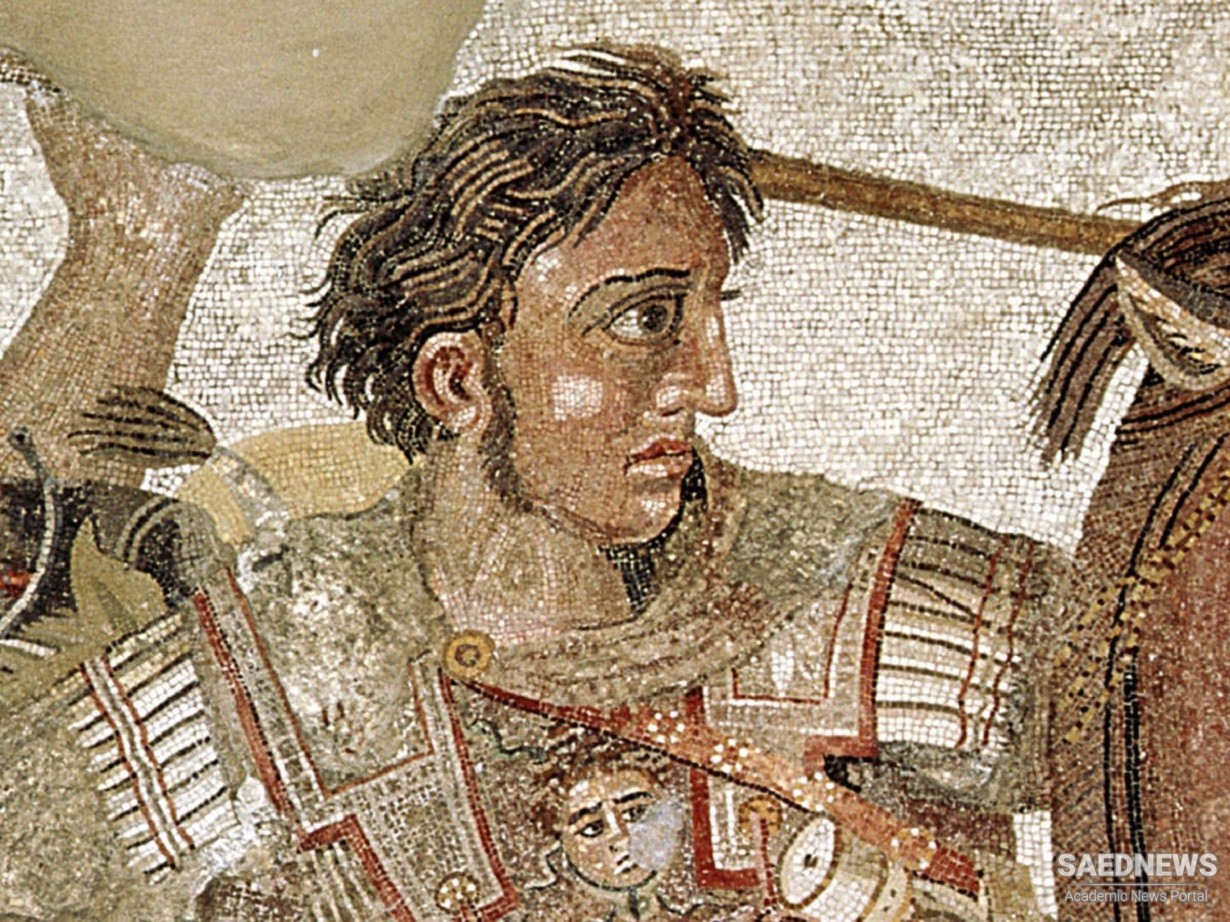In fact, the contrast between the "Greek" man and the "Oriental" man belongs to professorial mythology. The Greek influence was only one of several spiritual forces acting simultaneously on the Iranians. Under the Achaemenians, the Persians were certainly influenced by Greek art, yet the Achaemenian tower temples go back to the Urartian prototypes. We know nothing about the influence of Babylonian civilization on the Iranians in the Greek period. Yet there certainly were cultural contacts; the sacrificial rules of Uruk, once carried to Elam, were discovered under the Seleucids in Susa or near Susa, and copied for the temple of Uruk. How complex the interplay of influences was can be illustrated by the history of alphabets. From the Achaemenian period on, Aramaic was the language of Persian scribes. As late as the 4th century A.D. they remained learned in both Aramaic and Persian. When the Seleucids ruled Iran, the Indian king As oka published the Buddhist message both in Greek and Aramaic and engraved it on stones near Qandahar. The Aramaic script was borrowed for numerous Iranian dialects from Persian to Khwarazmian. Yet, in Bactria not only the Bactrians themselves but also the later invaders of the country, the Tukharians and the Kushans, used the Greek alphabet for their languages. Again, the legends of Parthian coins until the middle of the 1st century A.D. were only in Greek. Further, we must remember the Persian diaspora in Greek Asia Minor and in such half-Greek countries as Cappadocia. Names like Arsaces son of Artemidoros, the liturgy in Persian, and the Greek dedication (in eastern Caria) to the gods "of the Persians and of the Hellenes " suggest both hellenization and the adherence to the faith of the fathers. This Persian diaspora transmitted to the Greeks the Zoroastrian tradition (and the legends about Zoroaster) and the religion of the Magi. We can imagine that the same diaspora also transmitted Greek manners to Iran.


 Seleucid Empire and Iranian Struggle for Cultural Survival
Seleucid Empire and Iranian Struggle for Cultural Survival














































